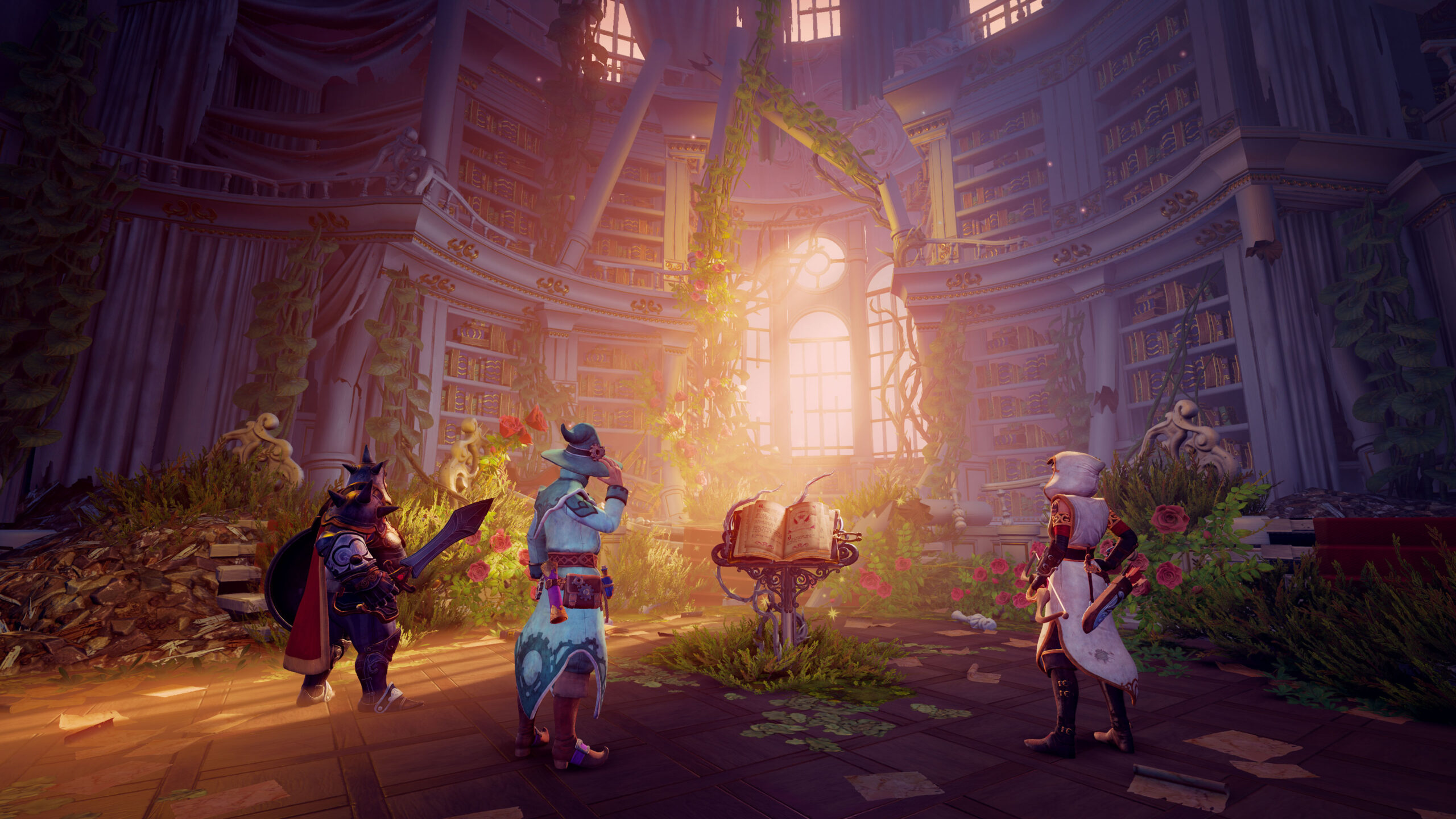“Indie games are dead.” “Indie games are stagnant.” These proclamations come and go, as independent developers prove time and again that their market is not only resilient but ripe with innovation.
And innovative and resilient markets draw companies. It’s in part why Maximum Games founder and CEO Christina Seelye launched a new publishing label for indie games: Modus. It operates in a space similar to Versus Evil, Headup, and Merge, courting indies that have interesting game but need help bringing them to market, whether that’s investment, publishing services, or porting.

Unlock premium content and VIP community perks with GB M A X!
Join now to enjoy our free and premium membership perks.
![]()

![]()